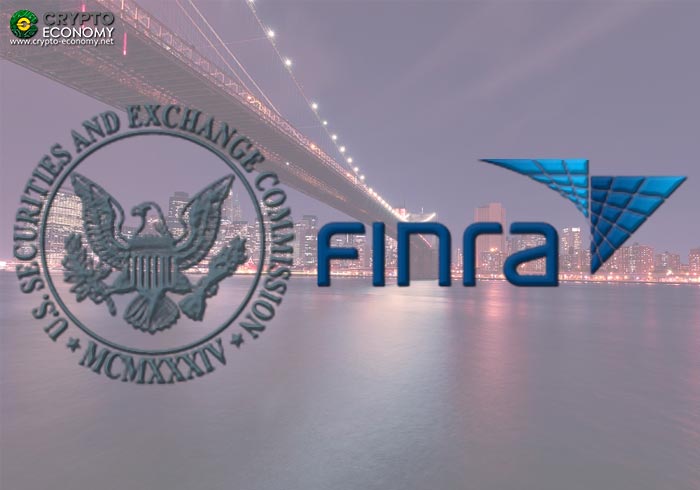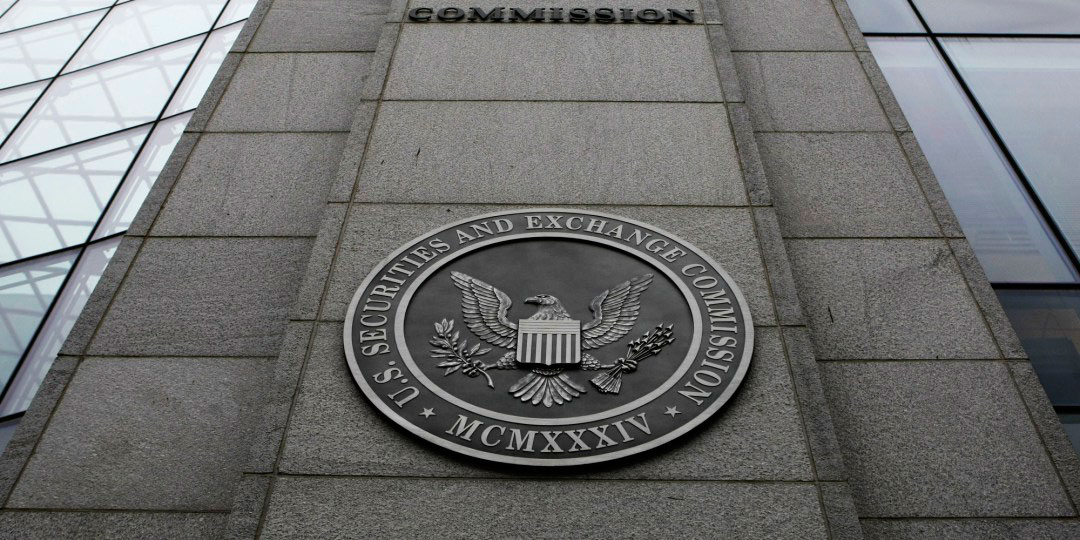Financial regulators the US Securities and Exchange Commission (SEC) and the Financial Industry Regulatory Authority (FINRA) have released a joint statement addressing the industry concerns on the lack of approval by the two regulators for firms seeking broker-dealer licenses to offer crypto custody services.
From the statement, released on Monday, July 8th, it seems the blockchain industry is too novel for the regulators and they need more time to understand the risks that such custody services pose towards the client firms that they could be allowed to hold.
The regulators cite the Customer Protection Rule which “requires broker-dealers to safeguard customer assets and to keep customer assets separate from the firm’s assets, thus increasing the likelihood that customers’ securities and cash can be returned to them in the event of the broker-dealer’s failure.”
The Monday statement presents more concerns over the nature of cryptocurrencies and how these applicants have failed as of yet to prove that they can indeed keep customer funds safe.
The applicants more often than not cite the ability to store private keys safely which should theoretically ensure the safety of the funds under their custody but the regulators are quick to point out that the custodian “may not be able to demonstrate that no other party has a copy of the private key and could transfer the digital asset security without the broker-dealer’s consent.”
Not only these but also in the case of a failure of the custodian, its customers are not well protected by the current laws. In the case of a custodian holding assets not classified as “securities” by the regulators, then the customers will only have general claims as to the remaining fallback mechanism in case the custodian fails.
“SIPA protection likely would not apply and holders of those digital asset securities would have only unsecured general creditor claims against the broker-dealer’s estate,” the statement explains.
Another issue highlighted in the statement is on reporting and book-keeping policies. According to the statement, the nature of the blockchain does not lend itself to effective reporting mechanisms that have been the norm in the traditional asset classes.
This may “make it difficult for a broker-dealer to evidence the existence of digital asset securities for the purposes of the broker-dealer’s regulatory books, records, and financial statements, including supporting schedules.”











